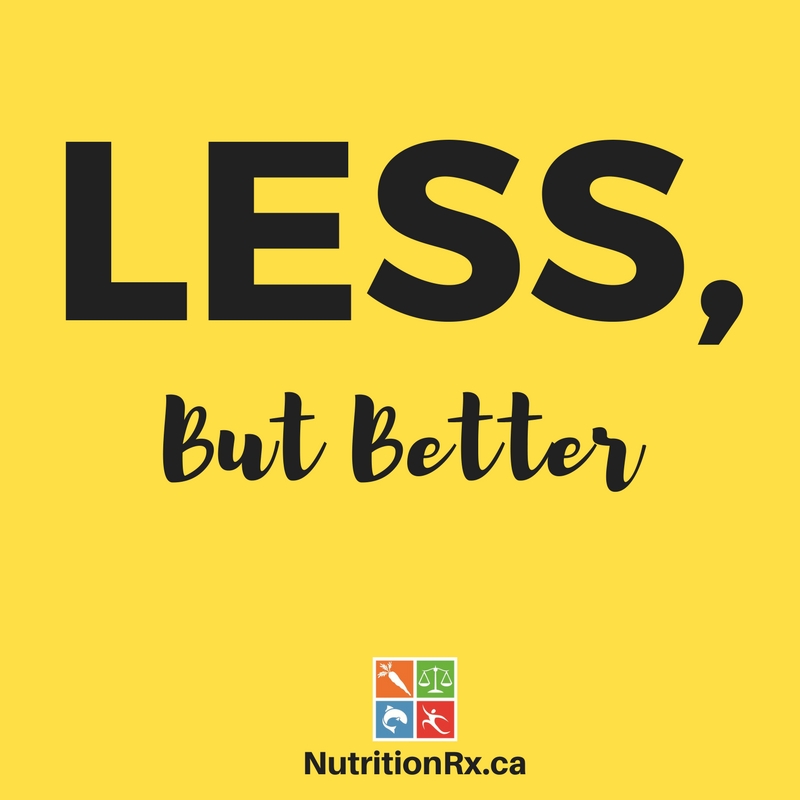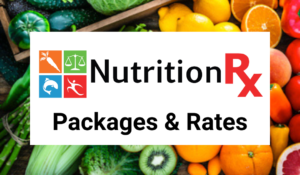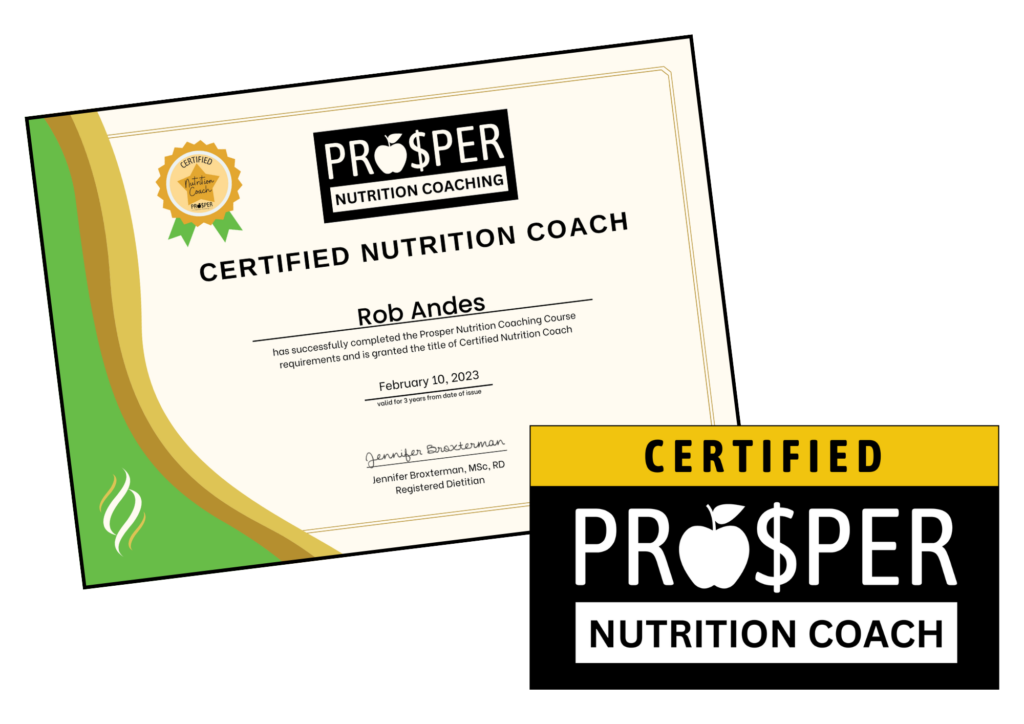

The Cost of a High-Information Diet
Consuming lots of information (e.g. reading social media news articles, skimming through newspapers or magazines, listening to the news, watching videos of cute pandas doing backflips, keeping up with what your friends are up on on social media, etc.) comes at a cost.
Most people are wealthy in information, but poor in attention.
A lot of the information that’s presented to us is just “junk food” for the brain – excess in calories and of no nutritional value. And like junk food, it’s highly addictive, taking us from one dopamine hit to the next.
Think of what you’ve read, watched, or listened to today. Most information hits at least 2 or more items from the following list:
* time-consuming
* negative
* irrelevant to your goals
* outside of your influence
Consider the value of a selective-information diet (also called a low-information diet).
Hone in on the sources that help you:
💚 grow as a person
💚 are relevant to your goals and mission in life
💚 inspire and encourage you to be your #bestself
💚 have a net positive effect on your life + the world
…and ignore the rest. Watch your stress levels drop, your free time expand, and your life transform as you focus on LESS, BUT BETTER.
❤️💛💚

Wishing you health & happiness,
♡ Jen
Jennifer Broxterman, MSc, RD
Registered Dietitian
NutritionRx: happy, healthy living with our team of Registered Dietitians
Prosper Nutrition Coaching: a world-class nutrition coaching certification
+
+
+
Want to work with a NutritionRx Registered Dietitian?
Learn more here: Nutrition Packages & Rates
+
+
+
Want to become a Certified Nutrition Coach?
Learn more about our habits-based Prosper Nutrition Certification



